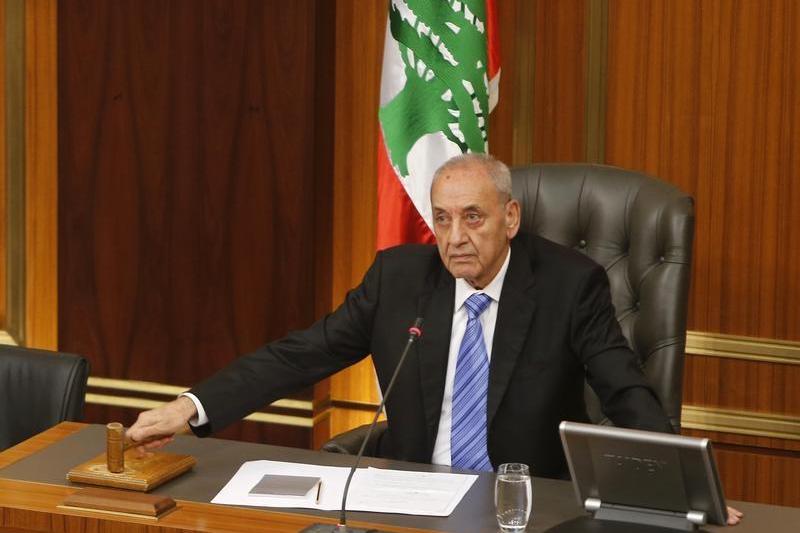Zawya.com – July 31, 2022

Reuters Images/Mohamed Azakir
An IMF deal is seen as the only way for Lebanon to recover from a financial meltdown that has plunged the country into its most destabilising crisis since the 1975-90 civil war
BEIRUT – Lebanese parliament speaker Nabih Berri said on Saturday he would not call for a session to elect a new president until the legislature passes reforms that are preconditions for an International Monetary Fund (IMF) bailout.
An IMF deal is seen as the only way for Lebanon to recover from a financial meltdown that has plunged the country into its most destabilising crisis since the 1975-90 civil war.
President Michel Aoun’s six-year term ends on Oct. 31, and top politicians have voiced concern about no successor being found – warning of even greater institutional deadlock given that Lebanon has also been without a fully functioning government since May.
“I will not call for a presidential election session until after the reform laws required by the IMF have been adopted,” Berri said during a meeting with journalists at his Beirut residence, in comments confirmed to Reuters by his office.
He said parliament should work to pass the reform laws in August, pointing to the urgent need for the measures.
Berri, who has held his post for nearly three decades, said on Friday that a “miracle” would be needed for a government to be formed anytime soon. He did not elaborate.
Under the constitution, the president issues the decree appointing a new prime minister based on binding consultations with MPs, and must co-sign on the formation of any new cabinet.
In April, Lebanon reached a staff-level agreement with the IMF for a $3 billion bailout but a full deal is conditional on the passage of bills including capital controls, banking restructuring legislation and the 2022 budget.
Lebanon’s constitution says the speaker must convene parliament “one month at least and two months at most before the expiration of the term of office of the President of the Republic”.
Failing that, the chamber meets automatically on the 10th day preceding the term’s expiration, the constitution says.
Aoun came to power after a 29-month presidential vacuum in which parliament was unable to agree on electing a president. The stalemate ended with a series of deals that secured victory for Aoun and his powerful Iran-backed ally Hezbollah.
Aoun is limited to one term, and major political parties have not announced any agreement on his successor.
(Reporting by Timour Azhari Editing by Helen Popper)